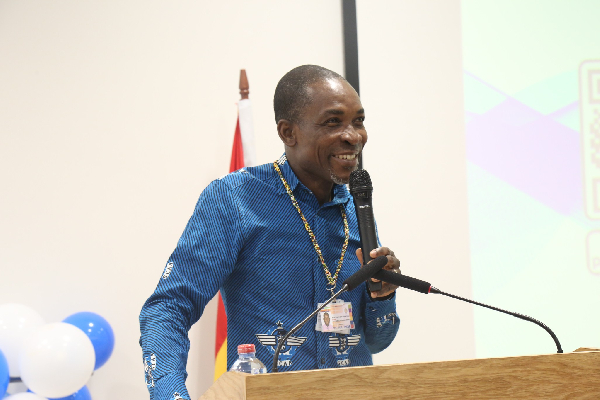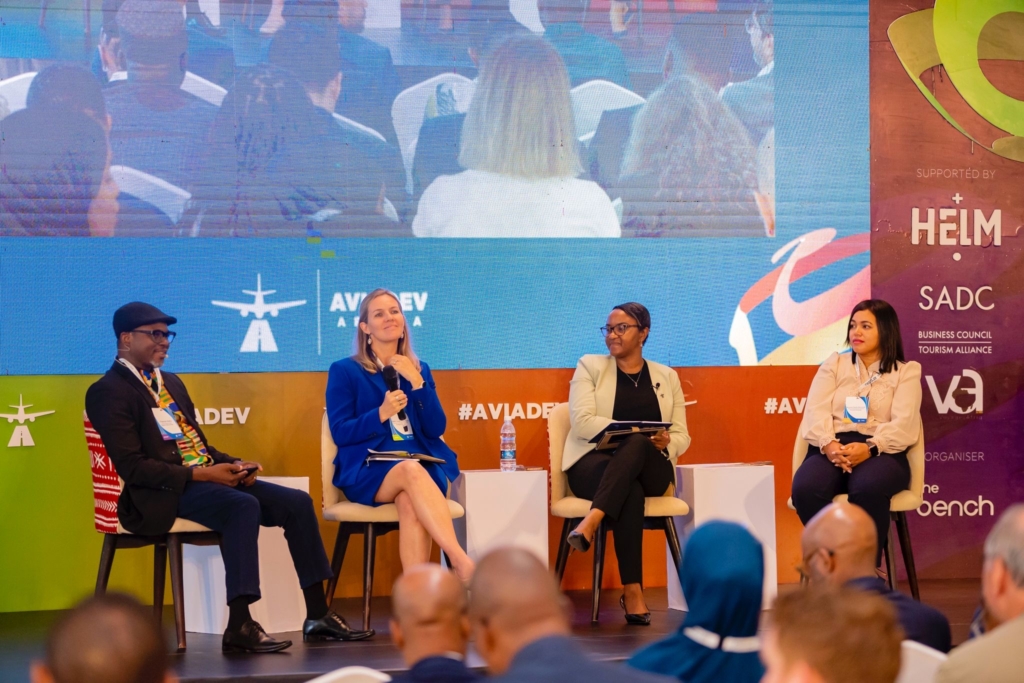Uganda is poised to seize the Fourth Industrial Revolution (4IR) as its defining moment, transitioning from a technology consumer to a formidable producer of advanced solutions. This emphatic call came from Dr. Monica Musenero, Uganda’s Minister for Science, Technology and Innovation, as she virtually addressed the launch of the Industry 4.0 Skilling Program at Makerere University Innovation Hub (Makerere UniPod).
Dr. Musenero passionately articulated a historical turning point for Africa, lamenting missed opportunities in past industrial revolutions. From the mechanised production of the 1700s to the age of mass production and the computer revolution, Africa remained largely on the periphery, relegated to supplying raw materials or becoming mere users of technology. This, she observed, has fostered a “pervasive mindset among Africans: that we are perpetually relegated, backwards, and incapable.”
“This Fourth Industrial Revolution, at whose dawn we stand, is our revolution,” Dr. Musenero declared with conviction. “It is our first Industrial Revolution, and we must adopt the mindset that ‘here we come, world!'”
Industry 4.0+, as she explained, signifies the convergence of digital, physical, and biological technologies, encompassing fields like Artificial Intelligence (AI), robotics, 3D printing, and the Internet of Things (IoT). With the global market for these technologies valued at $1.93 trillion in 2021 and projected to reach $7.6 trillion by 2030, Uganda, she asserted, “cannot afford to sit on the sidelines of this economic transformation.”
In a clear demonstration of commitment, the Ugandan government has established the Industry 4.0+ Bureau under the Science, Technology and Innovation Bureau within the Office of the President. This dedicated body is actively coordinating research, technology transfer, commercialisation, and ecosystem development in high-tech sectors. Its achievements already include national strategies in deep tech and climate tech, the establishment of localised electronics manufacturing capacity, and skilling programs that have empowered over 2,000 individuals, leading to the local design and production of 12 electronic products.
The newly launched Industry 4.0 Skilling Program at Makerere UniPod is a collaborative effort with Lwera Electronics and Semiconductors and the U.N. Development Program (UNDP). This six-month program, described as a “fusion of education, entrepreneurship, and engineering,” will initially train 15 students in cutting-edge manufacturing and electronic design, with five poised to become trainers and ecosystem builders, creating a vital multiplier effect. Participants will gain the ability to design and produce Printed Circuit Boards (PCBs), components previously almost exclusively imported.
Dr. Musenero urged young Ugandans to embrace courage in coding and prototyping, emphasising the need to shift “from being passive consumers of innovation to active creators and owners of solutions.” She stressed that transformation begins “in minds that are on fire,” adding, “We are not here to replicate Silicon Valleys. We are here to create unique ecosystems – the Silicon Kampalas, the Silicon Gulus, the Silicon Mbararas. Our innovation must reflect our realities, solve our problems, and uplift our people.”
She assured the youth of government support in infrastructure, policy, funding, and partnerships, but underscored that “this revolution must be people-powered, not program-driven.”
Professor Buyinza Mukadasi, Deputy Vice Chancellor for Academic Affairs and Research, representing the Vice Chancellor Prof. Barnabas Nawangwe, affirmed Makerere University’s intensified commitment to producing graduates with advanced 4IR skills. He emphasised the university’s dedication to nurturing an ecosystem where science, technology, and innovation directly contribute to the manufacturing sector, stating, “A well-trained workforce with the relevant skills is essential for an evidence-based economy.”
Mr. David Miner, representing UNDP Resident Representative Ms. Nwanne Vwede-Obahor, highlighted the program’s broader vision as part of the UNDP Timbuktu Pan-Africa Initiative. This initiative aims to create a $1 billion public-private youth partnership startup fund over 10 years, supporting 1,000 high-growth startups and generating over 50 million livelihood opportunities across Africa.
Miner underscored Uganda’s significant youth unemployment challenge, with over 1 million young people entering the job market annually. He noted that scaling up and replicating such programs across public universities could empower over 5,000 young innovators annually, potentially creating thousands of new jobs and enterprises. “With these capabilities, Uganda is not just consuming technology; we are now building it,” Miner affirmed, aligning this transformation with Uganda’s Fourth National Development Plan.
Ivan Karugaba, Managing Director at Lwera Electronics and Semiconductors, reiterated the critical need for skilled individuals to drive technological advancement, as his Ugandan company works with the government to establish local capacity for producing electronics, including semiconductors and chips.
Dr. Cathy Mbidde, Manager of Makerere University UniPod, emphasised the hub’s focus on commercialising research and innovations to tackle societal challenges, including graduate unemployment and persistent community issues, by bridging the gap between student learning and industry needs.
The inaugural cohort of 15 students for the Industry 4.0 skilling program was selected through a competitive process from various colleges, marking a significant milestone in Uganda’s journey towards becoming a hub for Industry 4.0+ in Africa.
comments













